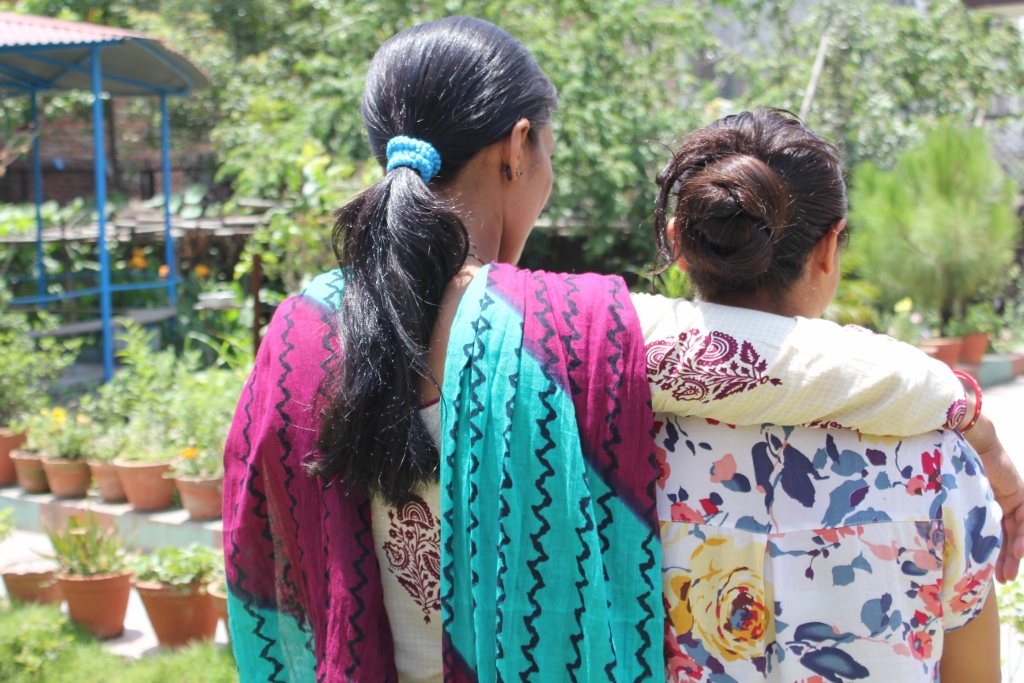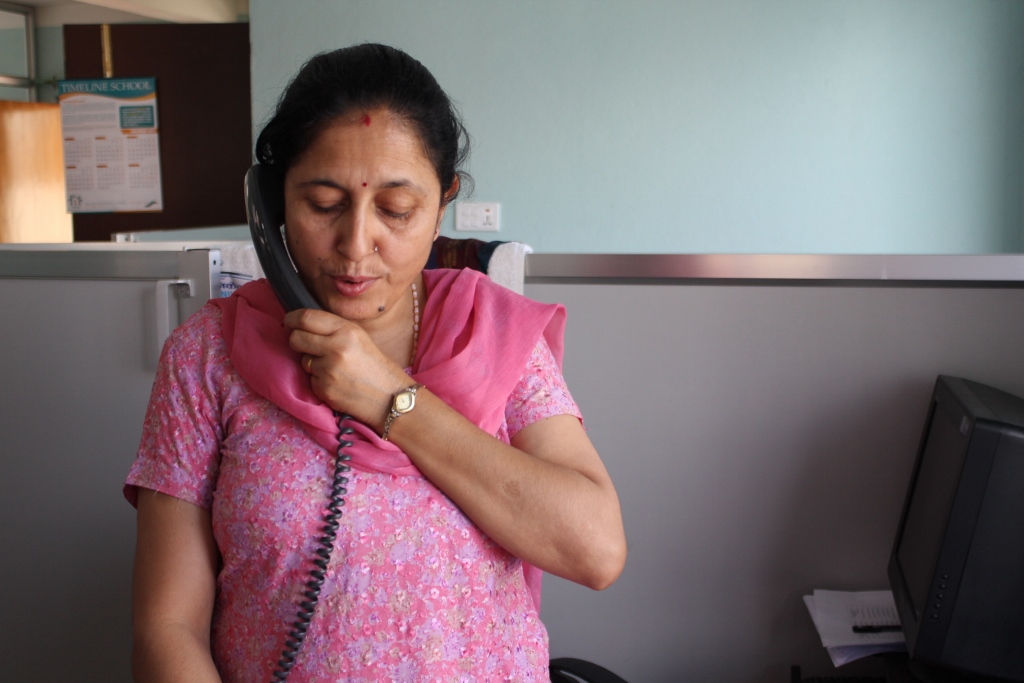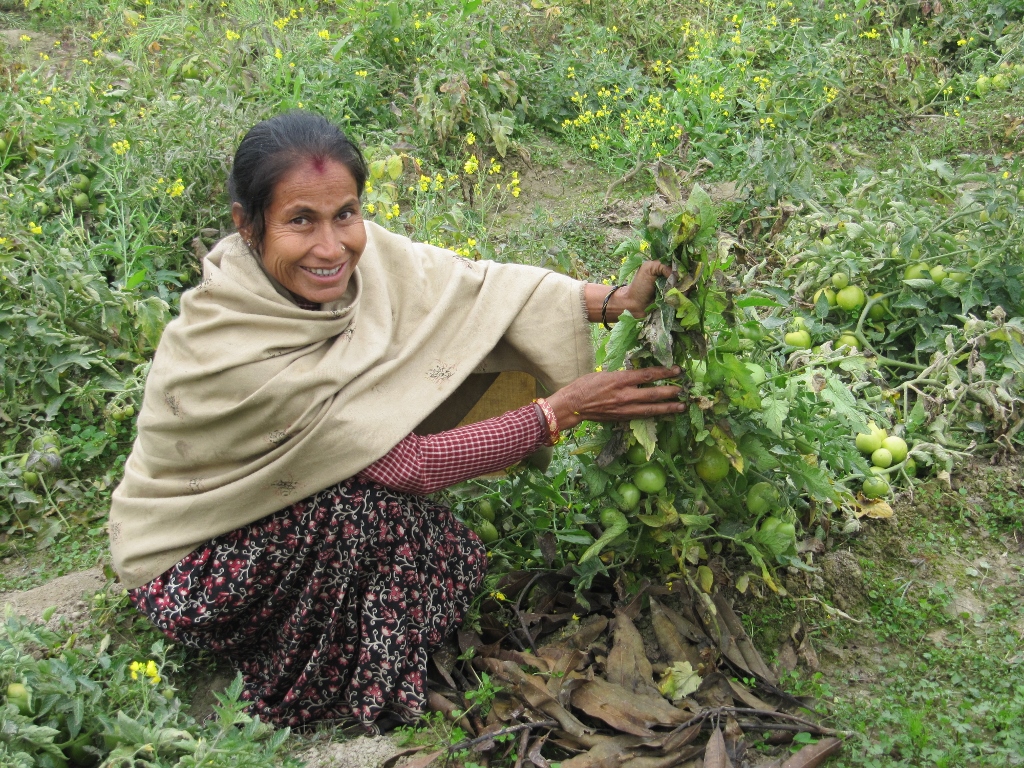To help overcome traumas
The Women’s Foundation Nepal provides free psychological counselling throughout Nepal to women and children who have suffered abuse, violence or extreme poverty. Since 1988, we have provided psychological counselling to more than 1,000 women. WFN employs 3 experienced psychological counsellors.
It can take years to overcome a violent trauma like being abused or raped. It is essential that victims are able to access psychological counselling to help them to handle the trauma and rebuild their lives. Many victims of abuse are unable to access psychological counselling as there are no government initiated schemes and they have no money to afford private treatment. Victims can come to the WFN and we will provide them with treatment and allow them to get back their self-esteem, strength and happiness.
Fight for rights and increase awareness
Since 1988, the Women’s Foundation Nepal has provided legal assistance to thousands of women and girls across Nepal. The assistance is in the form of advice, legal representation and payment of court fees. We provide continuous support even if the case is appealed to a higher court.
The legal assistance program remains one of WFN’s busiest and most successful programs, with an average of 5 to 7 women visiting one of the offices daily to seek legal assistance. The demand for legal advice has steadily increased, requiring WFN to expand its legal service to 2 lawyers.
In 2019 WFN won 62 cases and registered 107 new cases in court. Most of the cases relate to divorce, violence and property rights. Many of our cases are resolved through mediation allowing the cases to be resolved quickly and efficiently.
Teaching women as great farmers
Since the end of 2012, The Women’s Foundation Nepal has run an agricultural training centre in Jhapa, an eastern district of Nepal. Women learn to cultivate organic crops and to raise animals, such as cows, goats, chicken and fish. The centre is a prototype farming centre that modernises farming methods in nearby villages and teaches farmers how to procure and increase income through agriculture. The centre’s products are sold in the local market and the income generated from this is used to support other programs initiated by The Women’s Foundation Nepal.
The training centre offers three months of basic training and six months of advanced training. After completion of a training program, each participant receives animals or vegetable seeds to start their own farm and become independent.
Make a donation to run and expand the school of agriculture.
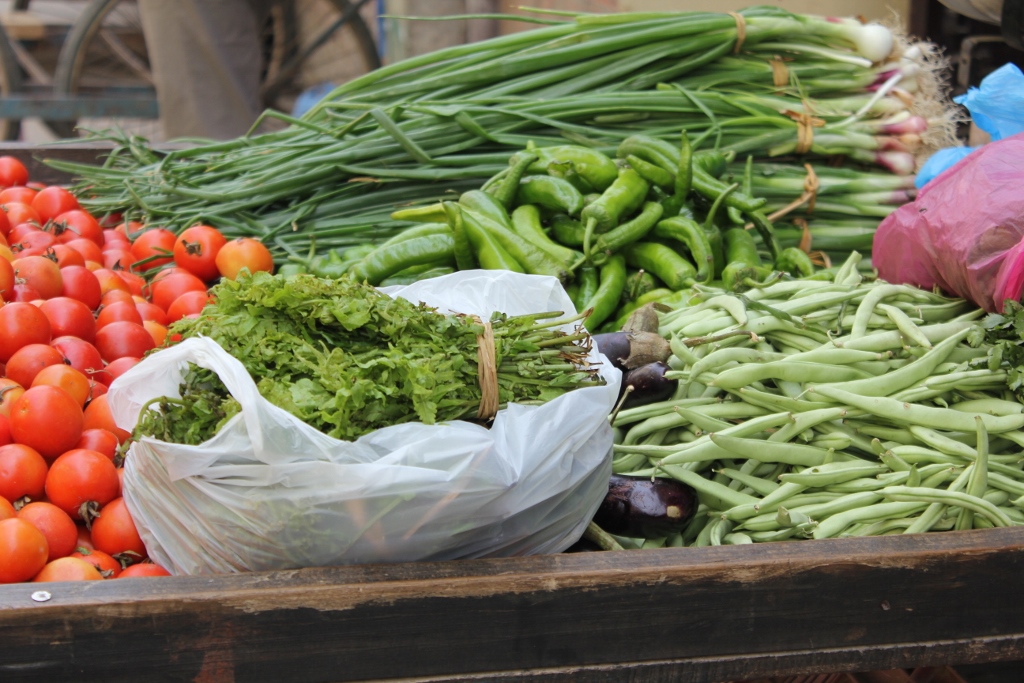
To provide food and training opportunity
The Women’s Foundation Nepal has run an organic farm in Bhaktapur since 2004. The farm is designed to teach the benefits of organic farming to Nepali women and provide skills training to women to allow them to become farmers. The farm provides food for the residents at the Shelter Home and in addition, serves as an extra source of income to support other WFN projects.
The farm grows mushrooms, vegetables, wheat and millet and raises chickens. The women who train at the farm learn to harvest seeds and apply natural fertilizer. The aim is to show the women how not using chemical fertilizers will make the food taste better and make the animals healthier.
Make a donation to run and expand the organic farm or volunteer with us to teach us more about organic farming practices.
See more pictures of our organic farm.
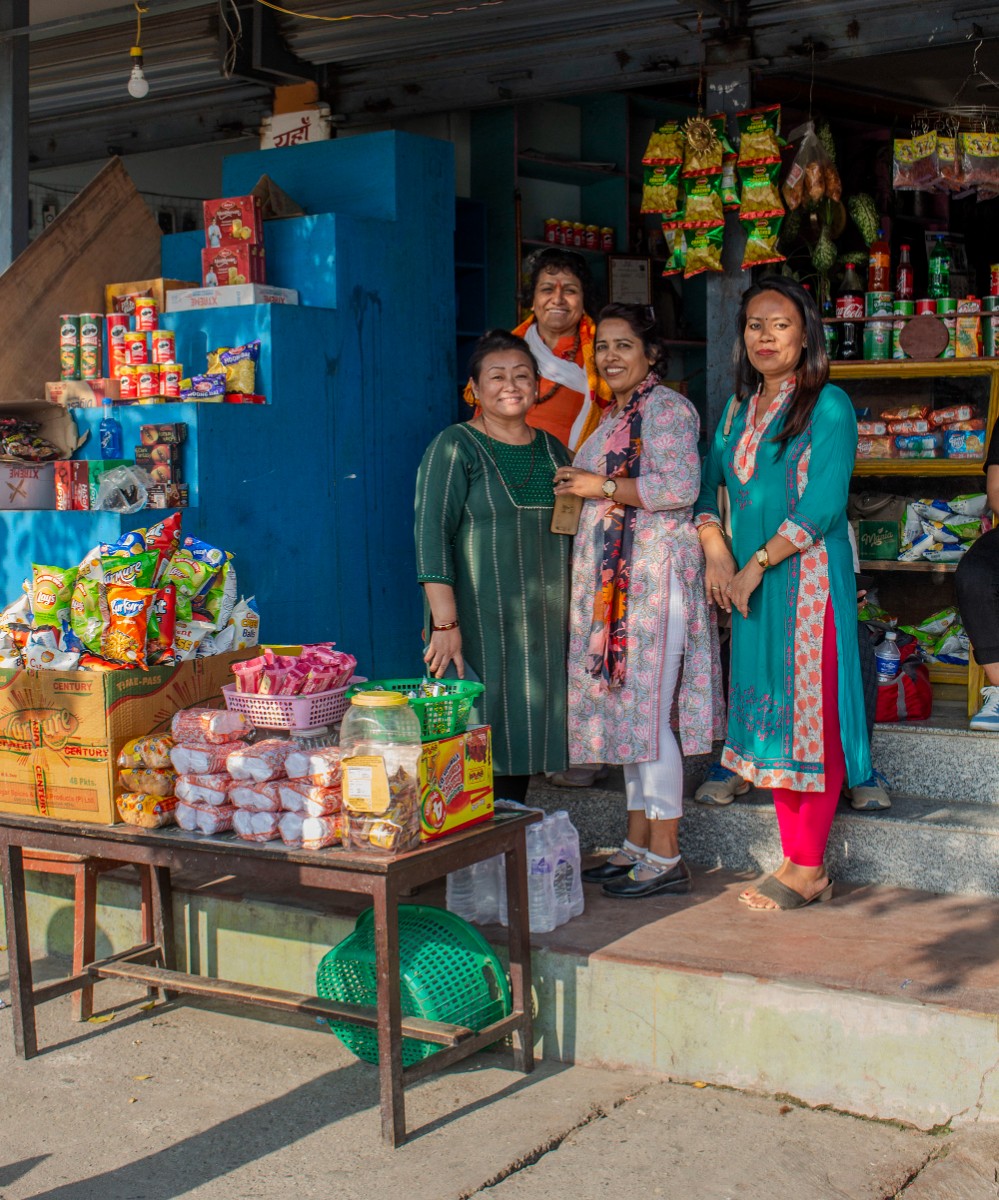
Empower women as business-makers
The Women’s Foundation Nepal’s micro credit project gives women the opportunity to achieve financial independence by offering them small loans which allow them to start their own businesses. These businesses include vegetable and animal farming, tailoring and grocery shops. The women form a cooperative with 300 other women in their districts and each contribute a small amount to the micro-credit fund.
At the initiation of the micro-credit projects we receive funding form donors to start the fund. In order to be a member of the group, each woman must contribute a specific amount of money to the group savings account every month from their business earnings. These contributions are then passed on to more women to allow them to start their businesses. In this way, after an initial injection of funding, the micro-credit program becomes self sustaining and can expand to help more women in the district.
All the women receive training in literacy, business management and book-keeping before they join the group to give them the skills they need to run their businesses efficiently.
The group meets twice a month to discuss their financial situation and decide who among them gets priority for loans. The money is paid back in installments which are agreed upon by the group. 98% of those loans are repaid on time by the women.
In addition to the financial benefits of the micro-credit program, these women form deep bonds of trust and support with the other members of the group. This creates a thriving female business community which is very rare in Nepal.
